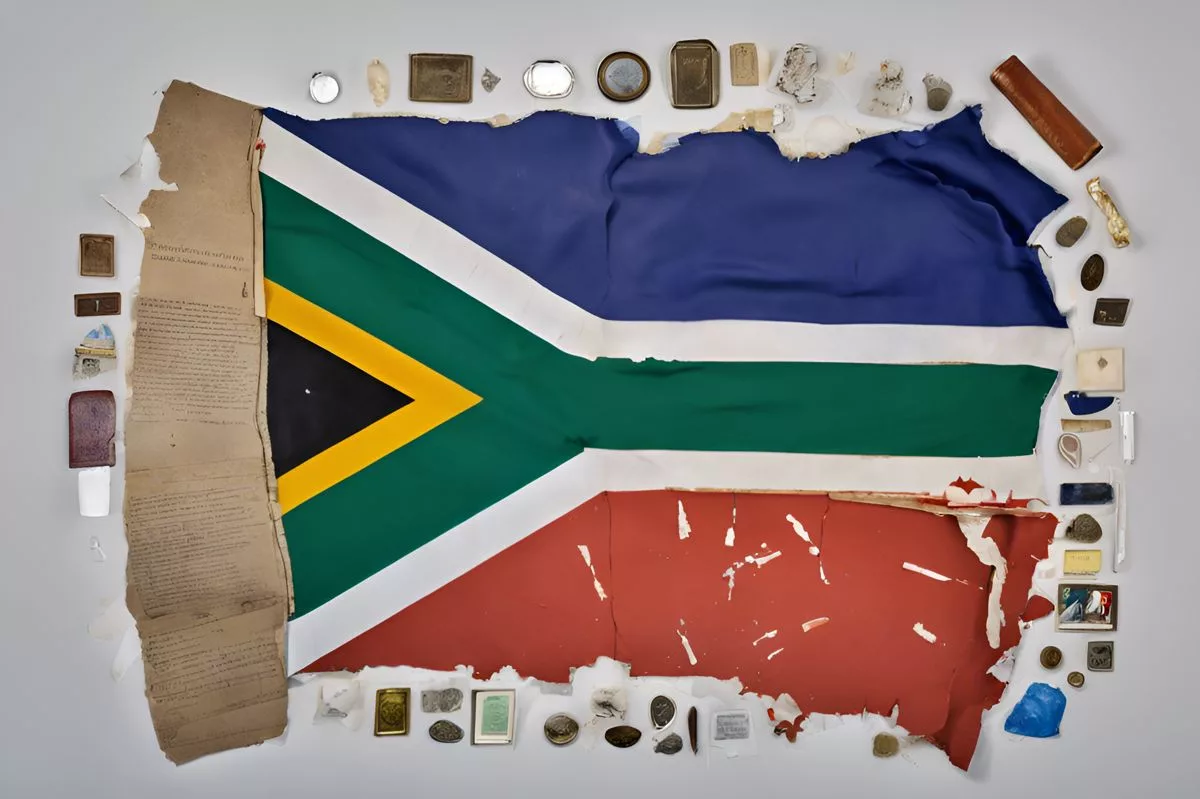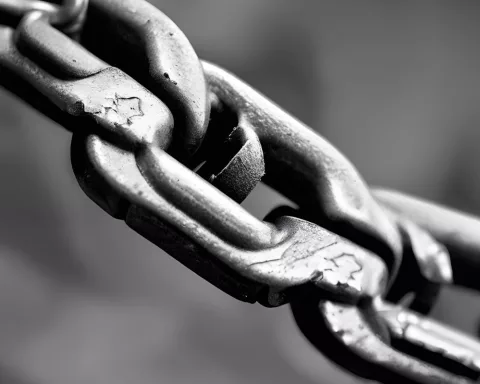The auction of Nelson Mandela’s personal belongings, including his ID and prison correspondence, caused controversy due to their cultural and historical significance to South Africa. The auction was initially intended to raise funds for a memorial garden but was suspended due to backlash. The tension between personal property rights and national heritage was highlighted, and Mandela’s legacy remains unscathed regardless of the location of these items. The incident underscores the importance of preserving historical artifacts and the complexity of navigating personal property rights in relation to cultural heritage.
The Auction of Nelson Mandela’s Personal Belongings: Why Did It Spark Global Discomfort?
The auction of Nelson Mandela’s personal items, including his ID and prison correspondence, stirred controversy and backlash due to their historical significance and cultural importance to South Africa. The auction was initially planned by Makaziwe Mandela, Mandela’s daughter, to raise funds for a memorial garden. The suspension of the auction highlights the tension between personal property rights and national heritage. Mandela’s legacy, however, remains unscathed regardless of the location of these items.
The Auction Announcement Sparked a Global Discomfort
The memorabilia industry often entwines with historical events in intriguing ways. Occasionally, these overlaps instill a sense of wonder, while at other times, they stir a profound disquiet. This was particularly true when a New York-based auction house revealed plans to sell several personal items belonging to Nelson Mandela, including his Identification Document. As the first president of South Africa post-apartheid, Mandela is globally celebrated for his relentless fight against racial subjugation and his staunch commitment to reconciliation and democracy. The anticipated auction, however, was eventually put on hold due to widespread backlash.
Among those expressing discontent was Zizi Kodwa, South Africa’s Minister of Sport, Arts and Culture. According to him, Mandela’s life story, experiences, and legacy are inextricably linked to South Africa’s cultural heritage. He argued, “The values, experiences, and achievements of Mandela continue to shape our nation’s identity. As such, safeguarding Mandela’s legacy and ensuring that his personal items remain within our borders for future generations is of paramount importance.”
The Intrigue Behind the Auction and Its Link to Mandela’s Family
The question arises: How did this controversial auction come into being? The story unravels intriguingly, with Makaziwe Mandela, the eldest daughter of the late president and his first wife, Evelyn Mase, at its epicenter. Rumor has it that Makaziwe planned to sell several items, including Mandela’s prison correspondence from Robben Island, a present from ex-U.S. President Barack Obama and his wife Michelle, Mandela’s reading glasses, and his ID book issued in 1993.
Originally planned for 28th January 2022, the auction was delayed due to a two-year legal battle, which eventually ended in favor of Makaziwe. Consequently, the sale was rescheduled for 22nd February by the auction house, Guernsey’s in New York. The collective value of the 70 items was estimated to range from $2 million to $3 million (R38 million to R56 million).
The auction was reportedly designed to raise funds for a memorial garden dedicated to Mandela at Qunu, his final resting place. This justification, however, failed to win everyone over. Critics argued that the legacies of Mandela and other key figures in South Africa’s transition to a free, democratic, and culturally diverse society should not be overlooked or forgotten. They asserted that Mandela’s personal artifacts should remain within the country.
The Lasting Impact and Legacy of Nelson Mandela
Mandela’s legacy is a testament to his relentless pursuit of justice and triumph over adversity. His personal items, such as his ID, reading glasses, and letters from Robben Island, are physical reminders of a life lived with determination, dignity, and unwavering dedication to his principles. The notion of these items being auctioned off in New York, thousands of miles from the nation he passionately served, seems contradictory in essence.
This controversy highlights the ongoing tension between personal property rights and national heritage, and between private and public interests. On one side, Mandela’s personal items are owned by his family who theoretically have the freedom to utilize them as they wish. However, these are not ordinary possessions. They are intimate artifacts from the life of a man who significantly influenced South Africa’s fate.
The ordeal underscores the intricacy of preserving historical artifacts. In this era of increasing global commercialization, items of significant cultural and historical importance are often reduced to their monetary worth. Yet, as this incident reveals, society’s collective memory and cultural heritage cannot be simply quantified or marketed.
The auction’s suspension provides a temporary reprieve in this contentious debate. The fate of these items is yet to be determined. However, one thing remains certain: Nelson Mandela’s legacy remains unscathed by debates over the disposal of his personal belongings. Regardless of their location, be it a museum in Johannesburg or an auction house in New York, these items will forever remind us of a man whose life epitomizes resilience, forgiveness, and the quest for justice.
1. What caused controversy surrounding the auction of Nelson Mandela’s personal belongings?
The auction of Nelson Mandela’s personal belongings caused controversy due to their cultural and historical significance to South Africa.
2. Why was the auction suspended?
The auction was suspended due to backlash, highlighting the tension between personal property rights and national heritage.
3. Who planned the auction of Nelson Mandela’s personal items?
Makaziwe Mandela, Mandela’s daughter, planned the auction to raise funds for a memorial garden at Mandela’s final resting place in Qunu.
4. What were some of the personal items included in the auction?
Some of the personal items included in the auction were Mandela’s ID and prison correspondence from Robben Island, a present from ex-U.S. President Barack Obama and his wife Michelle, Mandela’s reading glasses, and his ID book issued in 1993.
5. Why was there concern about the auction of Mandela’s personal items?
Critics argued that the legacies of Mandela and other key figures in South Africa’s transition to a free, democratic, and culturally diverse society should not be overlooked or forgotten. They asserted that Mandela’s personal artifacts should remain within the country.
6. What does the controversy surrounding the auction of Mandela’s personal belongings highlight?
The controversy highlights the ongoing tension between personal property rights and national heritage, and between private and public interests. It underscores the importance of preserving historical artifacts and the complexity of navigating personal property rights in relation to cultural heritage.













